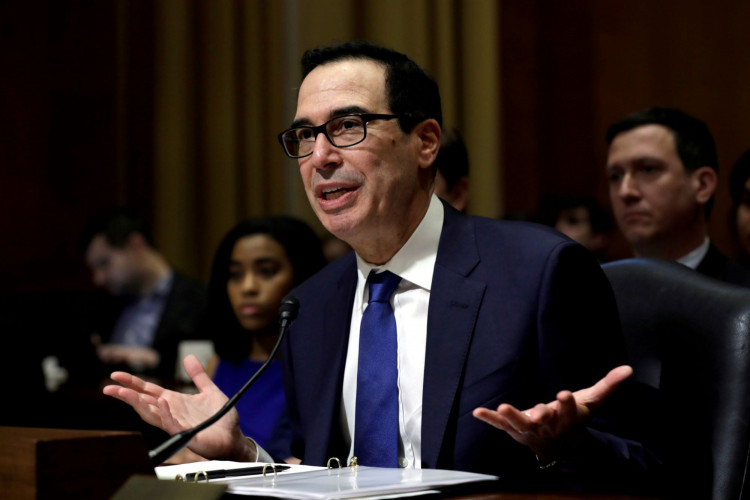A heated debate escalated among lawmakers in the United States White House over President Donald Trump's position on removing tariff rates against China and other nations as a means to provide global economic relief. Some personalities believed that China would take advantage of the waiver on tariffs and abuse the leniency.
Some politicians who supported the lifting of the tariff rates claimed that the waiver would provide an immediate help for businesses and consumers who struggle with imposed levies. It was revealed that some companies would be compelled to purchase goods and services at higher costs especially those operating within the foreign steel market.
The report also highlighted that the aluminum industry and other similar markets. It was revealed that US tariffs on steel and aluminum cost more than 360 billion USD to Chinese goods and that companies that depend on imported goods and parts would be compelled to withstand the higher costs.
Companies who would spend on higher US tariff rates were said to experience slowed business investments that would result in lower incomes of scale on households.
On the other hand, those who opposed the waiver claimed that China already enjoys an economic advantage and that its factories have started to restore production. They also highlighted that the public health crisis is still ongoing in Europe and United States that Western businesses are also closing.
Some personalities claimed that the Chinese government and its business entities might take advantage of the pause on tariffs to capture a larger share of global markets. It was also presumed that this would put Beijing on a dominant position for years to come.
In an interview with C-SPAN last Friday, US Treasury secretary Steven Mnuchin claimed that the general tariff relief is still yet to be decided by the Senate. He said that the government seeks to establish an economic response and that it would take measures to alleviate the adverse effects of the pandemic to global markets.
According to the US trade representative Robert Lighthizer, the government must impose targeted measures including the imposition of exemptions of tariff rates on specific products. He added that small businesses may be greatly impacted by the US tariff impositions and that promoting better business environments for the small enterprises might push the grant of the waiver.
Last Thursday, the Trump administration also announced that the targeted exclusions on the US tariff rates would be health products such as biohazard bags, surgical drapes, and latex exam gloves. Furthermore, it was also previously announced that hand sanitizers, surgical gowns, and other medical products would be included in the exclusion.






